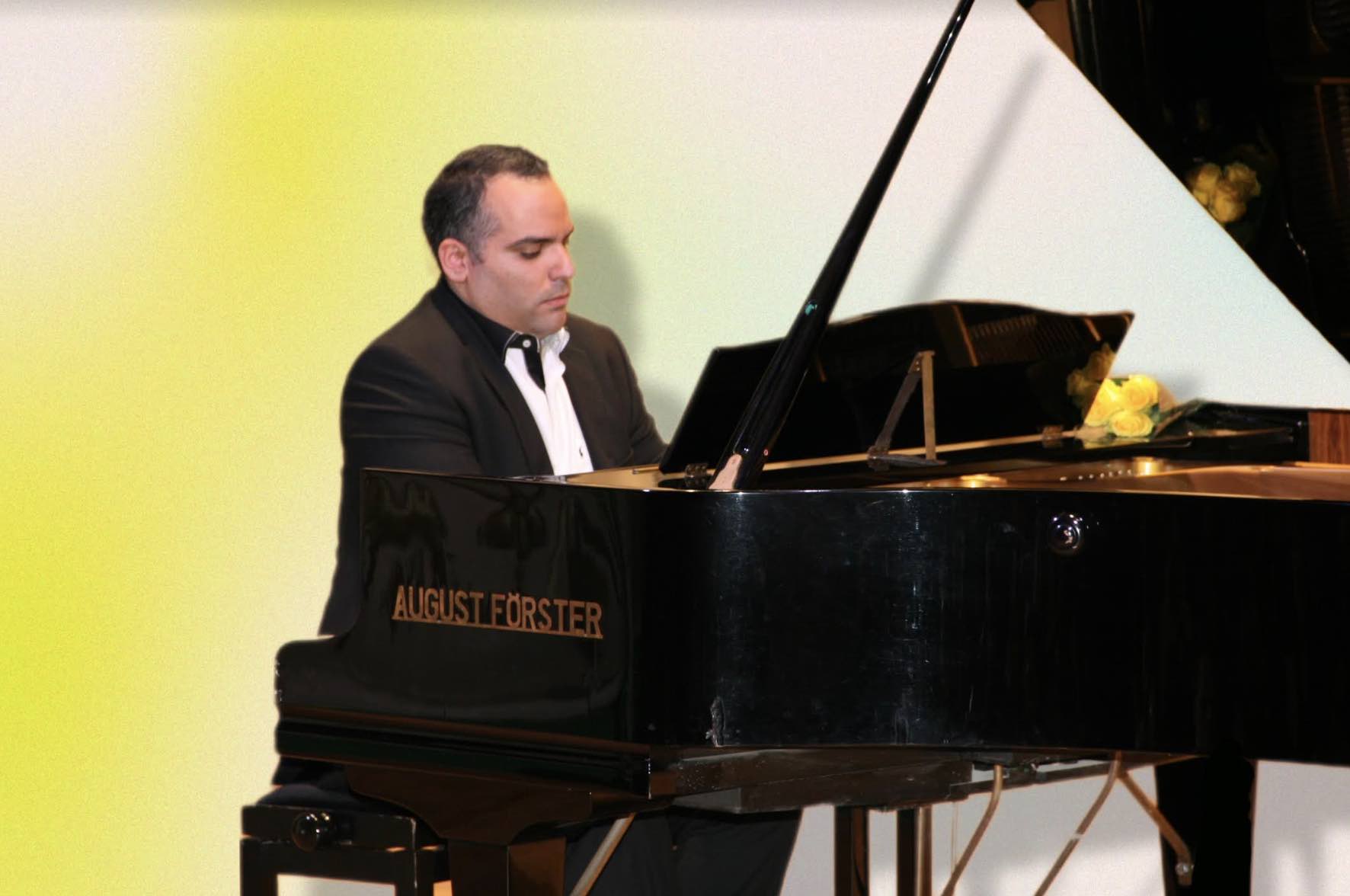
Classical music is often considered the least preferred among the various types and genres of music. This is a phenomenon that researchers and musicologists have observed for many years, and several factors contribute to this trend. This article explores some of the reasons why classical music is often considered to be the least preferred among music listeners.
One of the main reasons is that it is often seen as being too complex and difficult to understand. This is particularly true for younger listeners, who may not have had the opportunity to be exposed to classical music at an early age. According to a study by the National Endowment for the Arts, “only 10% of adults aged 18-24 reported attending a classical music concert in the past year, compared to 28% of adults aged 55 and older” (National Endowment for the Arts, 2017). This suggests that younger listeners may not be as familiar with classical music as older listeners and may be less likely to enjoy it.
Also, classical music is often considered the least preferred among music listeners because it is often seen as being too formal and serious. This is particularly true for popular music listeners, who may prefer more upbeat and energetic music. According to a study by the Pew Research Center, “classical music listeners are more likely than other music listeners to say that the music they listen to is ‘serious’ or ‘complex’” (Pew Research Center, 2016). This suggests that classical music may not be as appealing to listeners who prefer music that is more upbeat and energetic.
In addition to these factors, several structural and societal issues contribute to classical music’s status as the least preferred genre among music listeners. For example, classical music is often associated with the elite and wealthy and is therefore considered to be less accessible to the general public. According to a study by the British Council, “classical music is often seen as an exclusive and elite art form, which is only accessible to a select few” (British Council, 2018). This can create a perception that classical music is not for everyone and may discourage people from seeking it out.
Furthermore, classical music often lacks representation in the media, making it less visible to audiences. A study by the University of London found that “classical music is underrepresented in the media, with only 1% of all music played on the radio being classical” (University of London, 2019). This lack of representation can make it difficult for people to discover and appreciate classical music.
Lastly, classical music is the least preferred due to the lack of representation and diversity in the classical music industry. According to a study by the University of London, classical music is often associated with Eurocentric and white cultures, with a lack of representation of other cultures and ethnicities in the classical music industry. This can make it difficult for people from diverse backgrounds to relate to and connect with classical music (University of London, 2019). The classical music industry has also been criticized for its lack of diversity and representation of women, people of color, and people with disabilities (National Endowment for the Arts, 2017). This lack of representation and diversity can further alienate potential listeners from engaging with classical music.
In conclusion, classical music is often considered a lack of interest among music listeners due to various reasons such as its perceived complexity, formality, association with the elite, and lack of representation and diversity. Nonetheless, classical music can be made more appealing to a wider audience in the classical music industry by aptly addressing the above issues.
Advertising disclosure: We may receive compensation for some of the links in our stories. Thank you for supporting LA Weekly and our advertisers.
